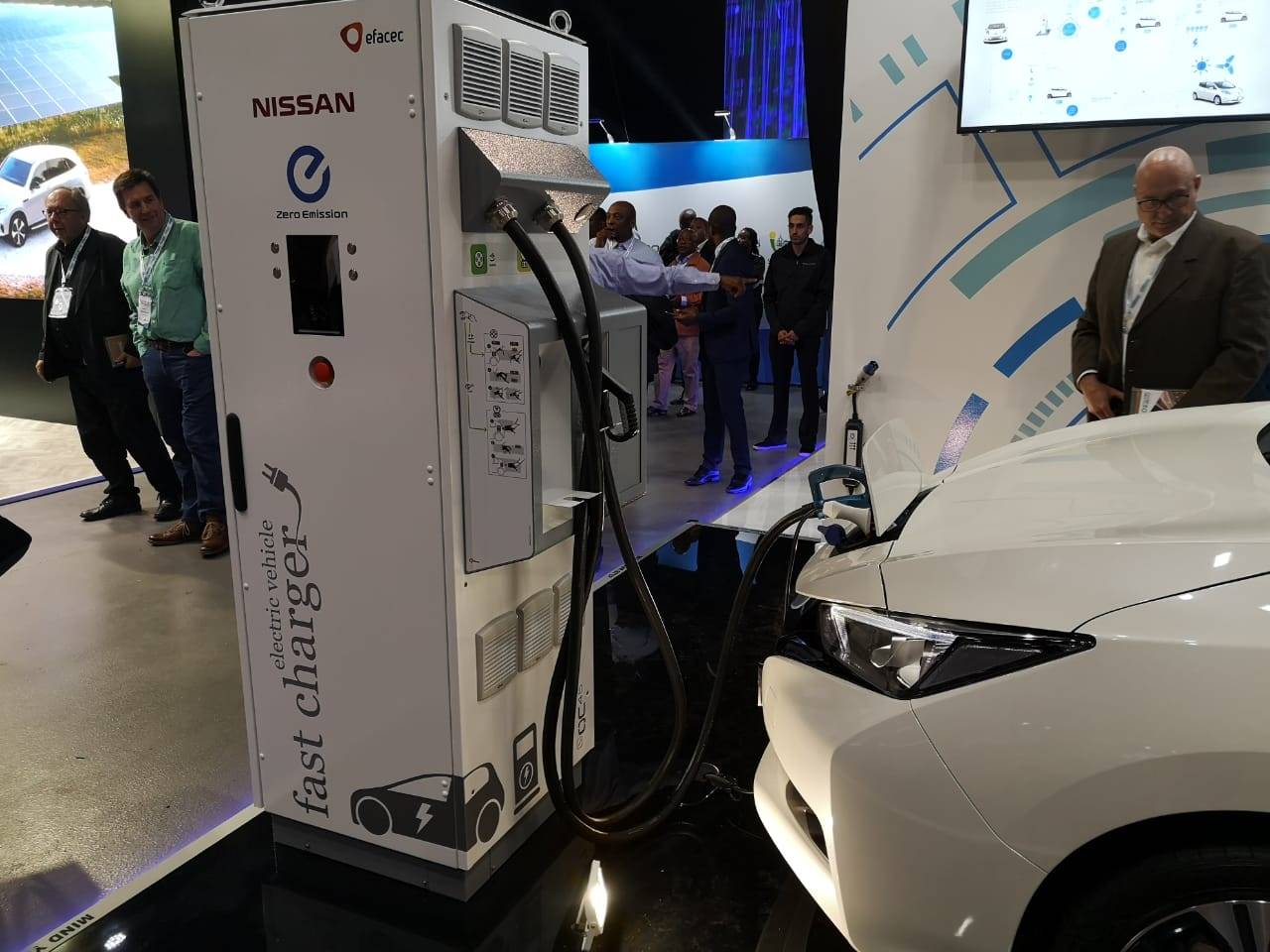
At the inaugural Smarter Mobility Africa summit in Tshwane on Tuesday, delegates were treated to a vast explosion of information on what the future of transportation will look like.
From big car brands talking up their environmentally-friendly future and how they will reduce their carbon footprint, to what government is doing to enhance communication and facilitation in the space, to what other African countries have adopted and why electric mobility is important, delegates could be forgiven for nipping out after lunch to try and soak it all in.
Unfortunately, those that did missed one of the highlights of the event – how the largest commuter of people, the taxi industry, feels about these innovations and technology.
“True solutions [to problems faced by the taxi industry] from the corporate sector have been far and few, if any. It’s all been exploitative,” Vuyisile Majola of Santaco said.
“It’s like giving cheese to a hungry person who is looking for bread. It might be nicer but not wholesome.”
Majola said the taxi industry was very nervous about these new technologies and innovations because of all the failed solutions, broken promises and assumptions that they have experienced in the past.
“Mostly it’s the exploitation [of the industry]. You are promising people better financial products, easier access to new vehicles and more robust rank spaces, but the industry does not believe that anymore, because for so long people have come and promised and then turned around and walked away with some R2 billion, and left the taxi industry with nothing,” Majola said.
Despite these challenges and failed initiatives, Majola believes the industry is craving new technology mainly because it craves growth.
“You interpret growth by how efficient you do things and efficiency translates to technology.”
But she was adamant that these solutions needed to come from the industry itself and not from outside.
“There is this big white board in the taxi industry and we are writing it.”
On the only diverse panel of the summit so far, Majola, Cindy Smith of Hala Motors, Shaun Mhlanga of the Council for Scientific and Industrial Research, Yandisa Sokhanyile of Konecta and Natalie Baartjies of MTN looked at some of the challenges facing the taxi industry who – until now it seems – has been hesitant to engage with big corporate companies and anyone trying to disrupt the industry.
“Whatever innovations that we talk about must not focus on the [commuter] only but the driver as well, because these are the key stakeholders,” Sokhanyile says.
Smith, whose company is in the process of creating the first African electric taxi, emphasised the importance of collaboration in looking at making the trip more comfortable “and how people can utilise their time in a taxi more effectively”.
Mhlanga spoke about how formalising the taxi industry would help the fragmented industry speak with a coherent voice and help policy decisions.
Baartjies focused on mobile money and how solutions need to be developed “not for smartphones, but for entry-level phones too”.
Majola said the taxi industry was looking at a demand-based model to combat inefficiencies, while also establishing a training academy for drivers and for conductors “who plan all the routes and know each and every taxi, but he’s holding only a matchbox”.
While there was agreement that the public transportation system would be the best sector to target for electric vehicles, there was no consensus on how this should be done.
Ultimately, communication with the taxi industry needs to be better “because all the solutions proposed were built as a solution for the industry and not by the industry”, Majola says.
 |
| ||||||||||||
| |||||||||||||




 Publications
Publications
 Partners
Partners








